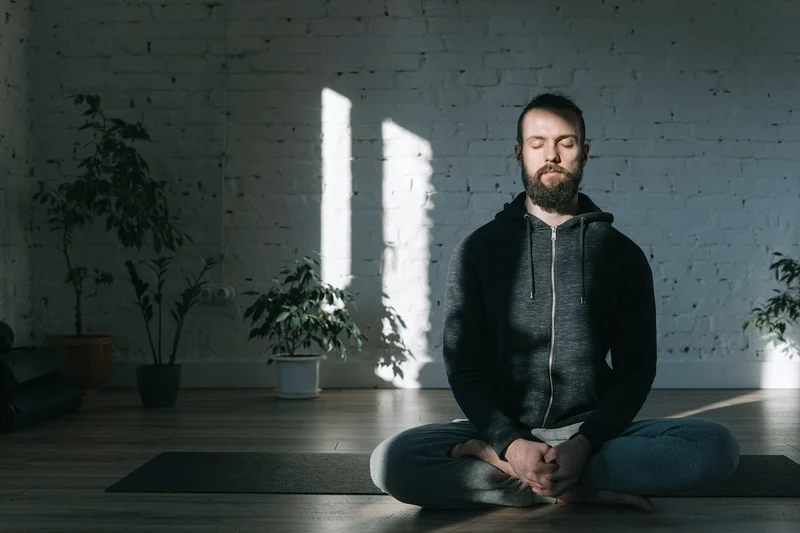It’s not uncommon to feel a flush of insecurity in a room full of strangers, to obsess over every word after a conversation, or to assume your missteps are under a spotlight only you can see. This hyper-awareness, commonly known as self-consciousness, can silently erode your confidence and hold you back from the experiences and relationships that enrich life. But what if you could learn to shift your focus outward, quiet your inner critic, and finally feel at ease in your own skin?
This article offers a fresh, accessible approach to overcoming self-consciousness and building unshakable confidence—one small, intentional step at a time.
Understanding Self-Consciousness
At its core, being self-conscious means being acutely aware of yourself—your appearance, your words, your behavior—and believing that others are just as aware, if not more so. This isn’t inherently bad. In fact, a moderate level of self-awareness helps us read a room, empathize, and communicate more effectively. But when this awareness becomes overwhelming, it distorts our perception of reality. We begin to assume judgment where there is none, and we shrink ourselves to avoid the imagined spotlight.
The roots of self-consciousness often trace back to childhood. If you grew up being judged harshly or constantly compared to others, you may have internalized a belief that your worth is tied to perfection or performance. Add in experiences like bullying, trauma, anxiety, or low self-esteem, and that inner critic grows louder—convincing you you’re never quite enough.
Spotting the Signs
Do you recognize any of these behaviors in yourself?
- Rumination – Replaying conversations, dissecting every word, and predicting disaster in social interactions.
- Constant comparison – Measuring your looks, success, or talents against others, especially on social media.
- Fear of feedback – Taking constructive criticism as a personal attack.
- Avoidance – Steering clear of people or opportunities for fear of being judged or rejected.
- Negative self-talk – Telling yourself you’re unworthy, incompetent, or unlikable.
These are all hallmarks of chronic self-consciousness. But with awareness comes the opportunity to change.

Eight Strategies to Feel More Confident
Overcoming self-consciousness doesn’t mean becoming oblivious to yourself or others—it means striking a balance where self-awareness is empowering rather than paralyzing. Here’s how:
1. Know Your Triggers
Pinpoint when and where your self-consciousness spikes. Is it in meetings? Around certain people? When recalling past failures? Naming your triggers gives you the power to prepare for them—or avoid them when necessary. Working with a therapist can help illuminate these patterns more clearly.
2. Stop the Comparison Game
Comparing your journey to someone else’s only distorts your perspective. Remember, you’re comparing your behind-the-scenes to someone else’s highlight reel. Instead, start each day by acknowledging a few personal wins, no matter how small. When others succeed, let it inspire you—not diminish your worth.
3. Celebrate Your Strengths
When doubt creeps in, fight it with facts. Create a list of your accomplishments, qualities, and things you’re proud of. Revisit this list often. Ask trusted friends or family what they admire in you—you might be surprised by the reflection they offer.
4. Look Outside Yourself
Too much introspection fuels self-consciousness. Practice grounding exercises: name five things you see, listen to the sounds around you, or simply focus on someone else’s needs for a moment. Redirecting your attention outward can break the loop of anxious thoughts.

5. Challenge Negative Self-Talk
Our inner monologue can be our harshest critic—or our most loyal ally. When you catch yourself thinking, “I’m not good enough,” reframe it: “I’m doing my best, and I’m learning.” Changing your internal dialogue creates space for self-compassion and courage.
6. Try Positive Affirmations
Start your day with empowering statements like, “I deserve to take up space,” or “I bring value to every room I enter.” These aren’t just feel-good phrases—they help rewire your brain to focus on strength instead of shame. Write them down. Say them aloud. Believe them with time.
7. Reality Check: You’re Not That Observed
We tend to overestimate how much others notice or care about our perceived flaws. The truth? Most people are too wrapped up in their own lives to scrutinize yours. That slip-up you keep replaying? It’s likely already forgotten by everyone else.
8. Accept Your Humanity
Perfection is a myth. Everyone stumbles. The sooner you embrace your own imperfections, the easier it becomes to move forward without dragging self-doubt along. Spilled coffee, awkward silences, or flubbed words don’t define you—they make you real.

Show Up for Yourself
Confidence isn’t about never feeling insecure—it’s about not letting insecurity decide your worth. By showing up for yourself each day—through small acts of courage, kindness, and awareness—you slowly dismantle the walls built by self-consciousness.
The path ahead may not always feel smooth, but it will be yours. One grounded step at a time, you’ll replace judgment with curiosity, fear with resilience, and shame with self-respect. And one day, you’ll look in the mirror, not to scrutinize, but to smile—because you’ll see someone worth showing up for.
Let today be that first step.


